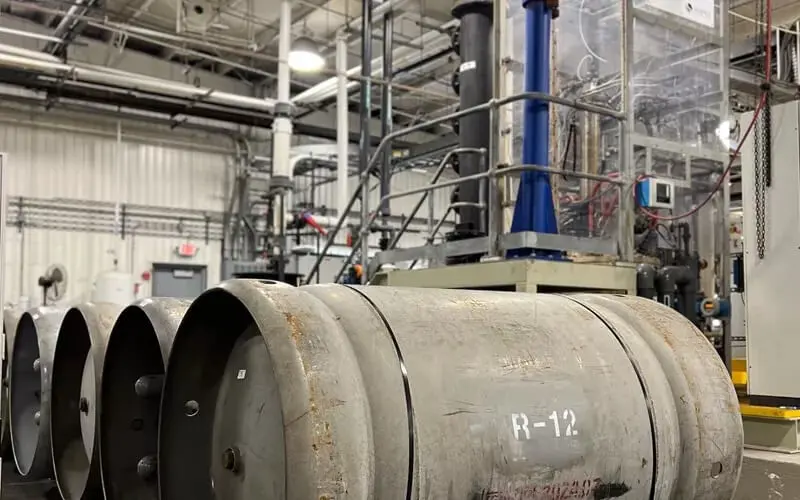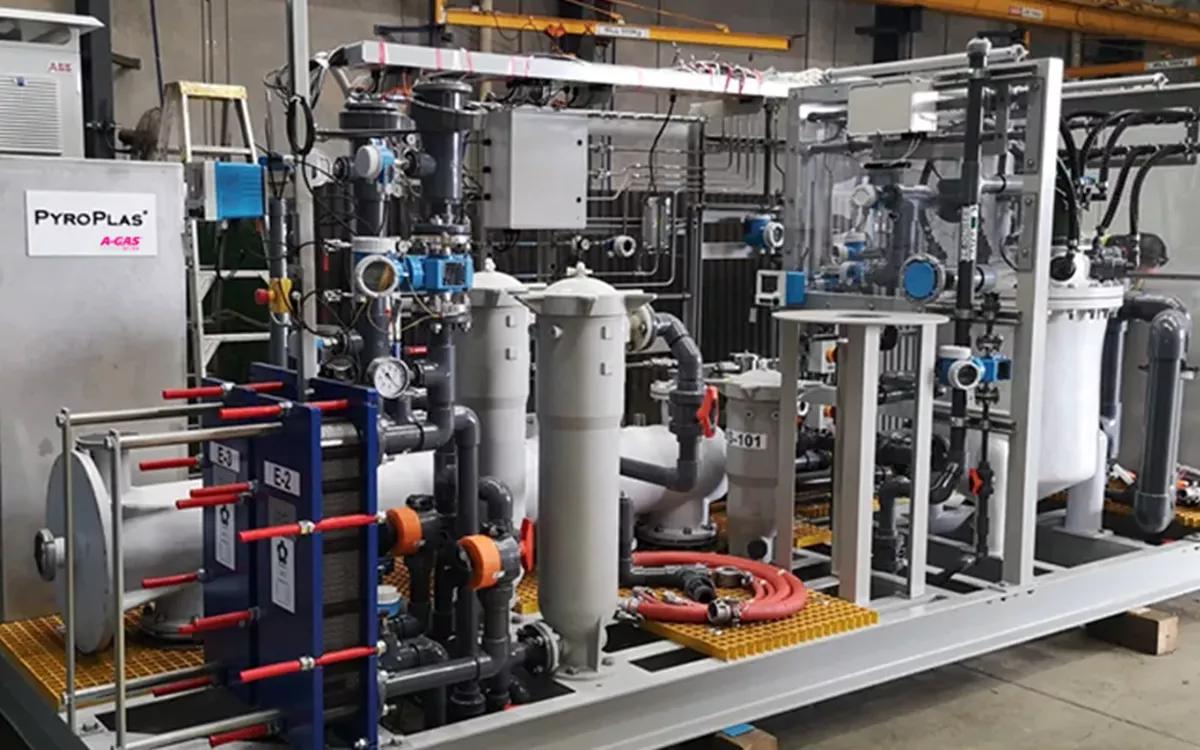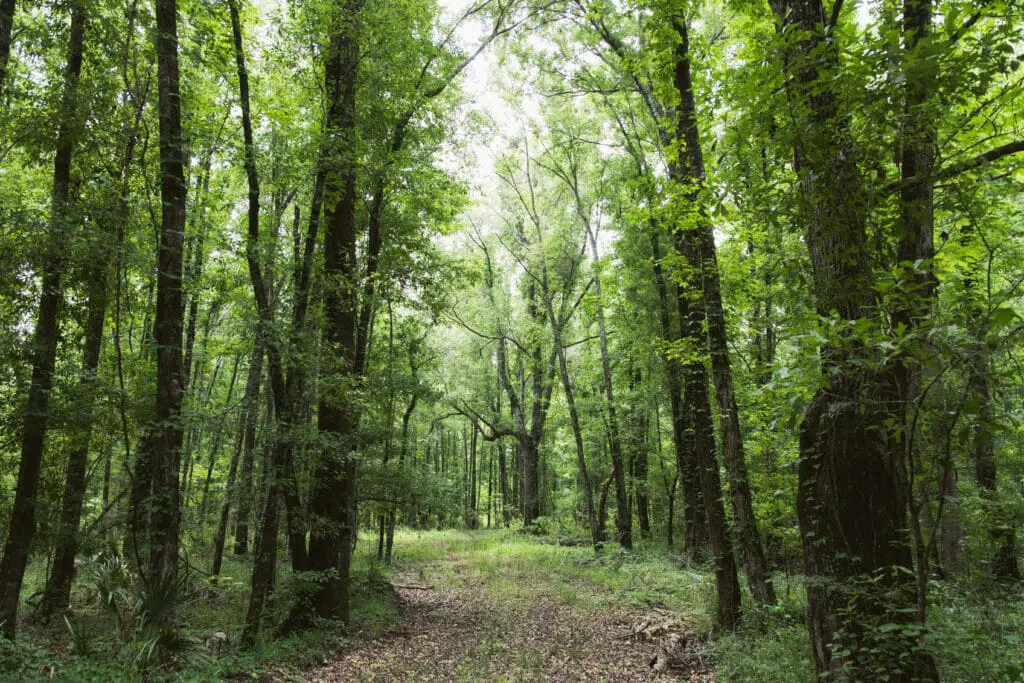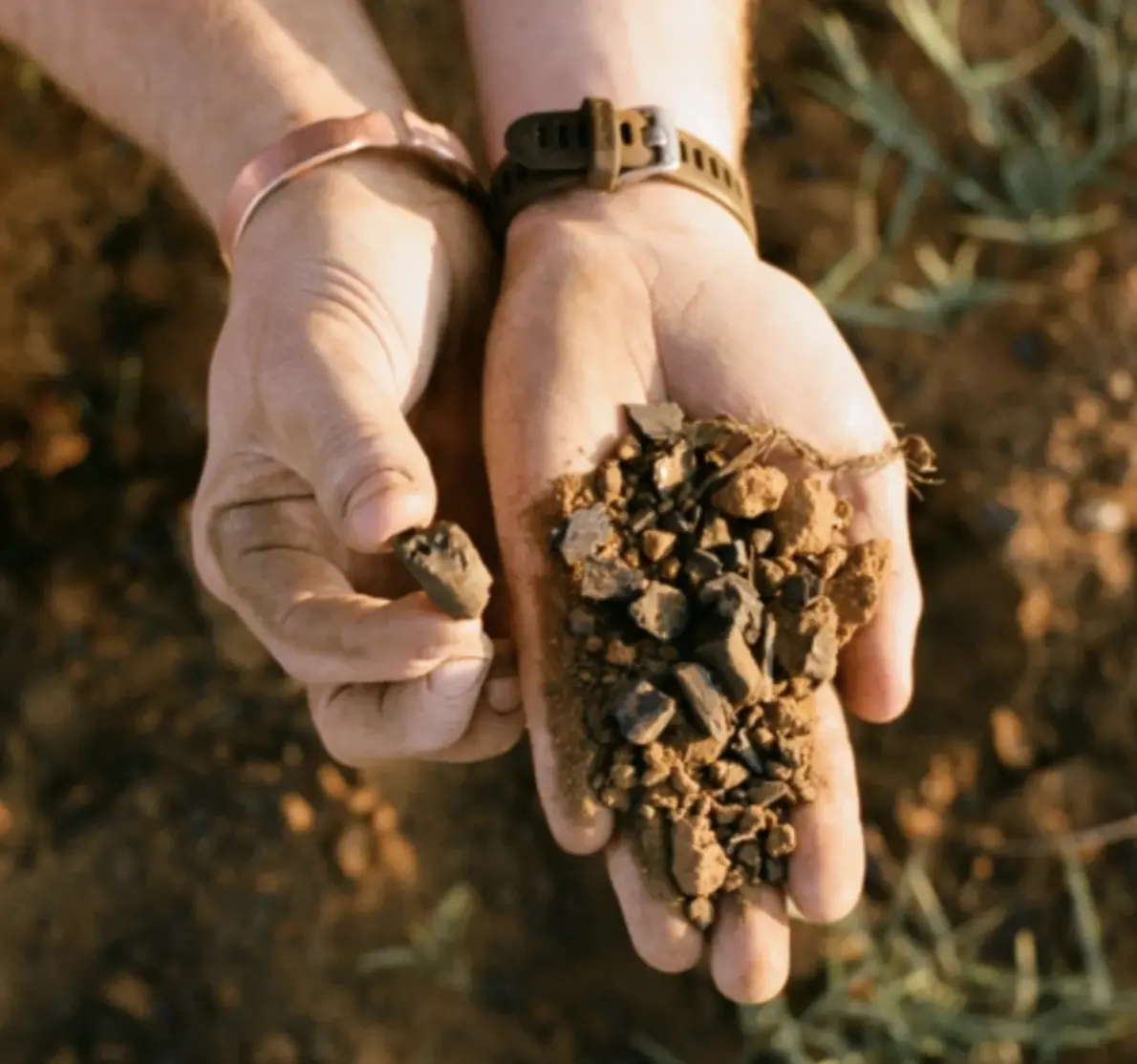
This project destroys CFCs obtained from sources across South Korea and transported to Bowling Green, Ohio for destruction, starting November 2022. The project has high additionality because ODS destruction is not required within Korea and is not financially attractive without carbon revenue.



This project captures waste CO2 and injects it into concrete during manufacturing, permanently mineralizing the CO2 while simultaneously reducing Portland cement usage. The dual approach both removes CO2 from the atmosphere through permanent sequestration and reduces emissions from cement production.

This project uses waste CO2 as part of the concrete manufacturing process and thereby both stores that CO2 permanently in concrete and further reduces carbon emissions by using less Portland cement as a concrete ingredient.

Charm collects waste from plants that have captured carbon dioxide from the atmosphere, applies a heating process called pyrolysis that converts the plant waste into bio-oil, and injects that bio oil into deep wells or caverns where it hardens and will be stored permanently instead of being released to the atmosphere as the plants decay.

The Clinton Landfill Gas Collection and Combustion Project captures landfill gas that would, under normal circumstances, be emitted to the atmosphere.

The largest restoration project in the world, Delta Blue seeks to restore 225,000 hectares of land through large-scale mangrove restoration on the Indus Delta in Pakistan.


Frontier is an advance market commitment to buy $1B+ of permanent carbon removal between 2022 and 2030. It aims to accelerate the development of carbon removal technologies by guaranteeing future demand for them. The goal is to send a strong demand signal to researchers, entrepreneurs, and investors that there is a growing market for these technologies.